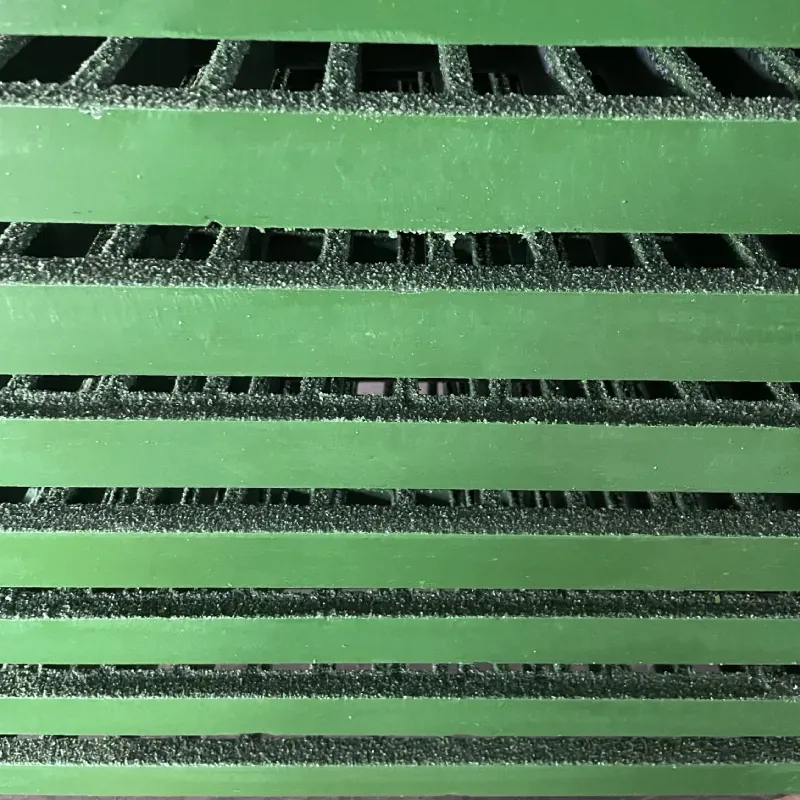loading...
- No. 9, Xingyuan South Street, Dongwaihuan Road, Zaoqiang County, Hengshui, Hebei, China
- admin@zjcomposites.com
- +86 15097380338
- Welcome to visit our website!
Industrial Reverse Osmosis Water Purification System for Efficient Water Treatment Solutions
Understanding Industrial RO Water Systems A Comprehensive Overview
In various industrial applications, the quality of water used is crucial for operational efficiency and product quality. One of the most effective methods for ensuring high-quality water is through the use of Reverse Osmosis (RO) systems. Industrial RO water systems have gained prominence due to their ability to remove impurities from water, ensuring that the water meets the stringent standards required in various industrial processes.
What is Reverse Osmosis?
Reverse Osmosis is a water purification technology that utilizes a semi-permeable membrane to remove ions, molecules, and larger particles from drinking water. The process involves applying pressure to the water, forcing it through the membrane that retains contaminants while allowing purified water to pass through. This method is particularly effective in removing dissolved salts, organic materials, and bacteria, making it an ideal choice for many industrial applications.
Components of an Industrial RO Water System
An industrial RO water system comprises several key components that work together to achieve efficient water purification
1. Pre-treatment System Before water undergoes the RO process, it often requires a pre-treatment stage. This step may involve sediment filters, carbon filters, and water softeners to remove larger particles and chemicals that could damage the RO membrane.
2. RO Membrane The core component of the system is the RO membrane itself. Depending on the application, various types of membranes can be used to target specific contaminants. The effectiveness of the membrane greatly influences the overall efficiency of the system.
3. High-Pressure Pump Because the RO process requires pressure to push water through the membrane, a high-pressure pump is essential. It ensures that the water reaches the necessary pressure to begin the purification process.
4. Post-treatment System After the RO stage, there may be additional post-treatment processes to further polish the water. This can include UV sterilization, deionization, or additional filtration stages to ensure the highest possible water quality.
5. Monitoring and Control Systems Modern RO systems are equipped with sensors and automated controls to monitor water quality, pressure levels, and flow rates. These components help ensure optimal operational conditions and provide valuable data for maintenance.
Applications of Industrial RO Water Systems
Industrial RO water systems are widely used across various sectors, including
industrial ro water system

- Food and Beverage Industry In this sector, water quality directly affects product safety and flavor. RO systems help meet regulatory standards and maintain the quality of beverages, juices, and dairy products.
- Pharmaceutical Industry The production of pharmaceuticals requires ultrapure water to avoid contamination
. RO systems are crucial in producing water that meets the stringent standards of the United States Pharmacopeia (USP).- Power Generation Power plants often utilize RO water for cooling systems, steam generation, and boiler feed water. Using high-purity water minimizes scaling and corrosion in equipment.
- Electronics and Semiconductor Manufacturing High-purity water is critical in these industries, where even the smallest impurities can lead to product defects. RO systems provide the necessary purity levels for rinsing and processing.
Advantages of Industrial RO Water Systems
The use of industrial RO water systems comes with several significant advantages
- High Efficiency Industrial RO systems can achieve high rejection rates of dissolved solids, often exceeding 95-99%.
- Space-Saving Designs Compared to traditional water treatment methods, RO systems are more compact and can be integrated easily into existing setups.
- Cost-Effectiveness While the initial investment may be higher, the long-term operational costs are lower due to reduced energy consumption and less need for chemical treatments.
- Environmental Benefits By ensuring that water is adequately purified and reused, RO systems contribute to sustainability efforts in various industries.
Conclusion
In summary, industrial RO water systems play a critical role in providing high-quality water across various sectors. Their efficiency, reliability, and ability to produce ultrapure water make them indispensable in ensuring product quality and compliance with industry standards. As industries continue to prioritize water purity and sustainability, the importance of advanced water purification technologies like RO systems will only grow.
-
GRP Structures: The Future of Lightweight, High-Performance EngineeringNewsJun.20,2025
-
FRP Water Tank: High-Performance Storage for Corrosive and Clean Water SystemsNewsJun.20,2025
-
FRP Square Tube: The New Industry Standard for Chemical and Structural ApplicationsNewsJun.20,2025
-
FRP Pultruded Profiles: The Ultimate Choice for Lightweight Structural StrengthNewsJun.20,2025
-
FRP Handrails: The Safer, Smarter, and Stronger Choice for Modern InfrastructureNewsJun.20,2025
-
FRP Grating: The Smart Solution for Durable, Lightweight Industrial FlooringNewsJun.20,2025
-
Why Choose a Galvanized Water Tank for Your Storage NeedsNewsMay.21,2025
